
22 April 2024
Oops, something went wrong.
Book a meeting with a member of our Outreach team.
More informationEmerging as an association of teachers and leaders in the 1980’s, the International Curriculum began from working with schools with the simple, yet relentless aim of improving learning. Consistently enhanced in-line with the latest research and evidence findings, we continue that focus on improving learning, with an International Curriculum that for over 20 years has been regularly enhanced for teachers and leaders, by teachers and leaders, now spanning ages 2-14 years old, learnt and taught in more than 1,000 schools and 90 countries around the world.
The International Curriculum Association (ICA) brings together the three age ranges of the International Curriculum: the International Early Years Curriculum (IEYC) for learners aged 2-5+ years old; the International Primary Curriculum (IPC) for learners aged 5-11 years old; and the International Middle Years Curriculum (IMYC) for learners aged 11-14 years old, with Professional Development for teachers and leaders and a two-stage Recognition and Accreditation process for schools, to ensure that with teachers, leaders and schools, we are improving learning, together.
Through the day-to-day exposure of learning and teaching contexts within schools, teachers and leaders came together to form a shared belief and vision that identified learning as the primary purpose of schools and that to make schools, leadership and teaching as impactful as possible, they operated best when focusing on improving learning.
In 1984, this association of teachers and leaders started the journey of working with schools around the world through consultancy, to ensure that learning was their focus, and that with schools, leaders and teachers we aimed for improving learning, together.
The association of teachers and leaders was requested to solve the challenges of international education and was presented a particular context where a global network of schools was supporting the learning for overseas families of predominantly two nationalities, rapidly shifting to a more diverse international learning community. Previous learning and teaching in this context offered a hybrid of the two predominant nationalities’ national curricula in the primary years, however the vision was to develop a single curriculum for international use that could be flexible for implementation around the world and applicable to learners with any nationality. After many years of international research and development, the International Primary Curriculum (IPC) was born in the year 2000 and made available to schools around the world, launching at the ECIS conferred in Paris.
From the 20 years’ prior experience of working with schools, leaders and teachers around the world, consistent themes began to emerge as needs for leadership and management. In 2005, the first International Leadership and Management Programme (ILMP) was introduced, supporting senior leaders in their role of driving school improvement forward and ensuring that the focus of schools remained on the learner and improving learning.
As the collective experience grew among the international community of what improving learning with the IPC looks like, the request for external support and validation from schools also grew. The accreditation design and process was carefully developed to support schools on their journey of improving learning, as opposed to presenting them with hurdles and barriers for ‘achieving’ pre-set goals. In 2009, the International School of The Hague, Netherlands, was the first school to be accredited for its implementation of the IPC, with the Head of Primary highlighting "...the most striking element of the process was not the accreditation itself. What happened to the school in the months and years following the accreditation demonstrated just how far we still needed to go before we could finally call ourselves truly learning-focused international school."
Following 10 years’ implementation of the IPC around the world, a repeating theme of feedback was provided: Where do IPC learners progress their learning after the primary years? After significant research of learning for adolescent brains, the International Middle Years Curriculum (IMYC) was introduced to schools to provide them both a progression of learning from the IPC to the middle years and to support standalone middle years schools around the world, striving to improve learning.
The emergence of research into learning, particularly for early years learners, combined with the rapid growth of international schools around the world, resulted in a clear request from the international community – to support early years learners with a learner-focused curriculum, that could be implemented internationally. To complete the full range of the International Curriculum, the International Early Years Curriculum (IEYC) was launched in 2016, underpinned by academic research and the practical understanding of early years learning and teaching that went on to be the fastest growing curriculum around the world, learnt and taught in over 500 schools in less than 5 years.
With over 30 years’ experience of working with schools, leaders, and teachers to improve learning, combined with more than 20 years’ experience of providing the leading International Curriculum to schools around the world, the International Curriculum Association (ICA) was launched in 2021, as the identity that brings the international community together with the International Curriculum, Accreditation, and Professional Development.
I am both honoured and humbled to have been entrusted with leading this community that has been created and shaped by so many insightful and talented people – all committed to the common goal of improving learning.
The commitment and support of the ICA learning community continuously pushes us to pursue our goal: to promote best practices in the implementation of the highest quality international curriculum. This year we have re-branded from Fieldwork Education to the International Curriculum Association, pursuing our vision of an active, well-connected learning community focused on championing quality, improving learning and unlocking potential.
Thank you for the kind words of congratulations and support from so many of you and for the active part that you continue to play in our community. Thank you too to my colleagues in the ICA team who tirelessly bring skills, ideas and commitment to ensure our continuous improvement as a learning organisation.
I am looking forward to working together with you all to unlock the potential of our association; to collaborating with you to strengthen our community; and to driving forward our common purpose.
Sarah Blackmore
Director, International Curriculum Association (ICA)
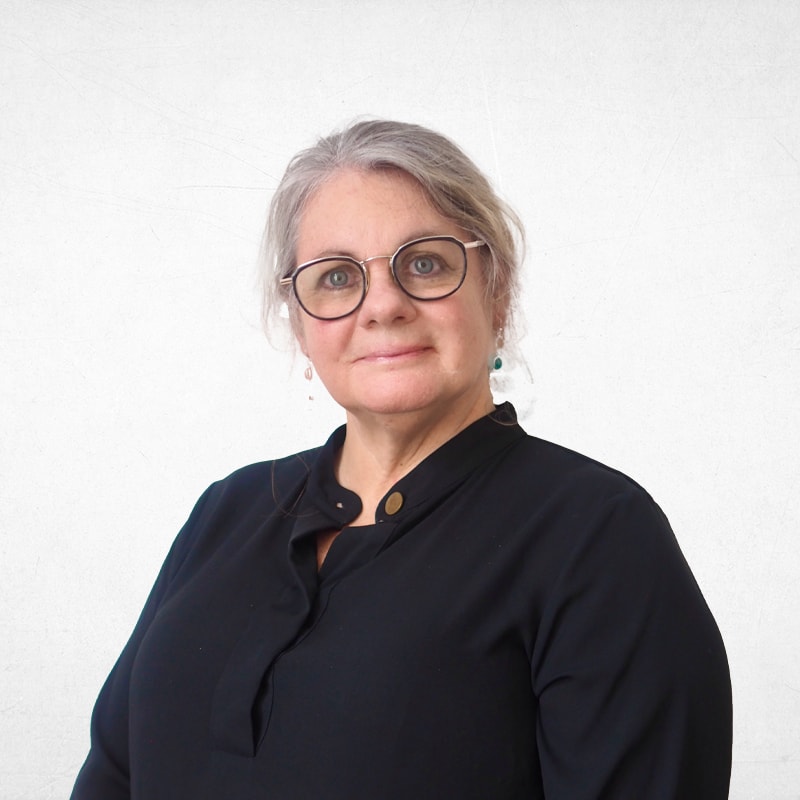
Sarah Blackmore
Director of International Curriculum Association
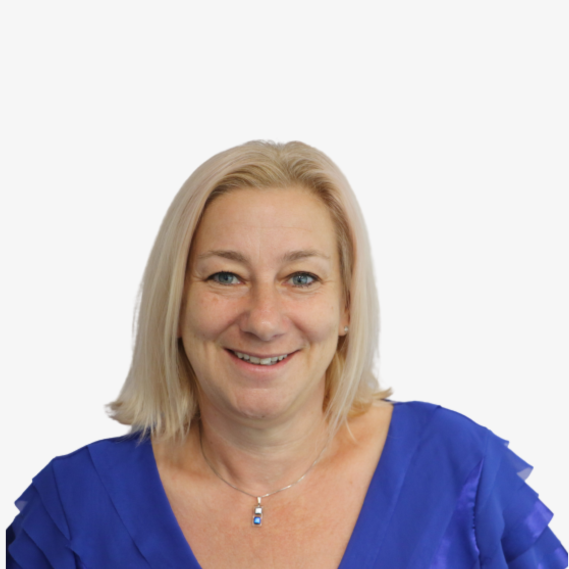
Jacqueline Harmer
Head of International Primary Curriculum (IPC)
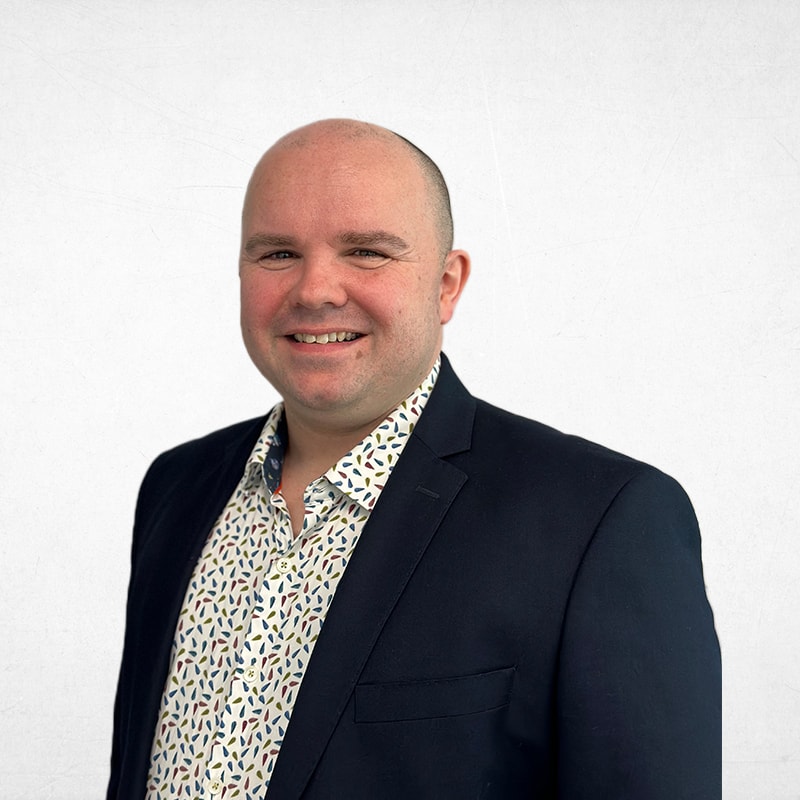
Lee Hendricks
Head of International Middle Years Curriculum (IMYC).
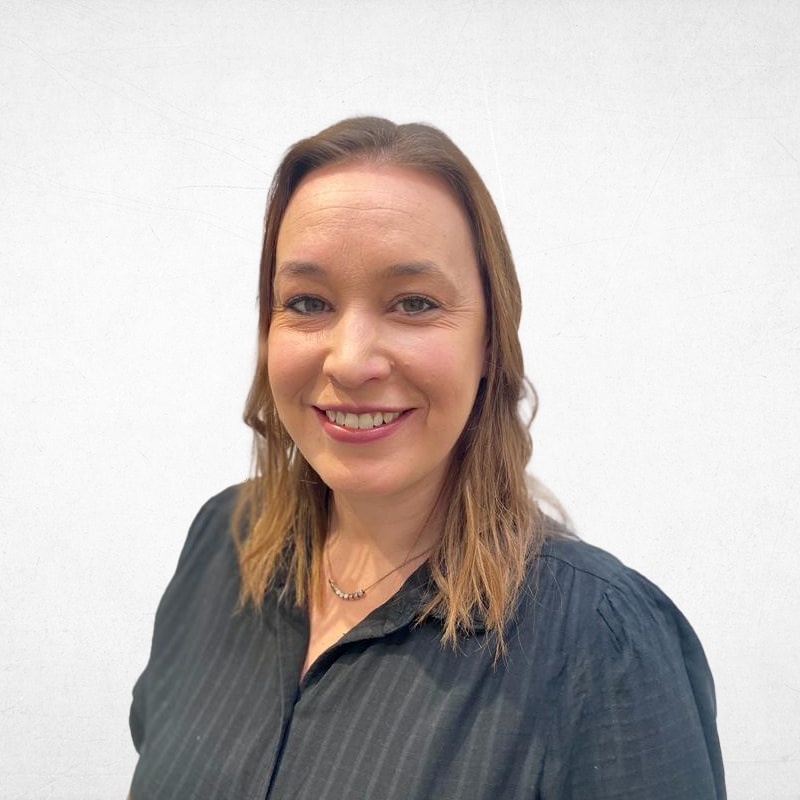
Clare Sutton
Professional Development Manager
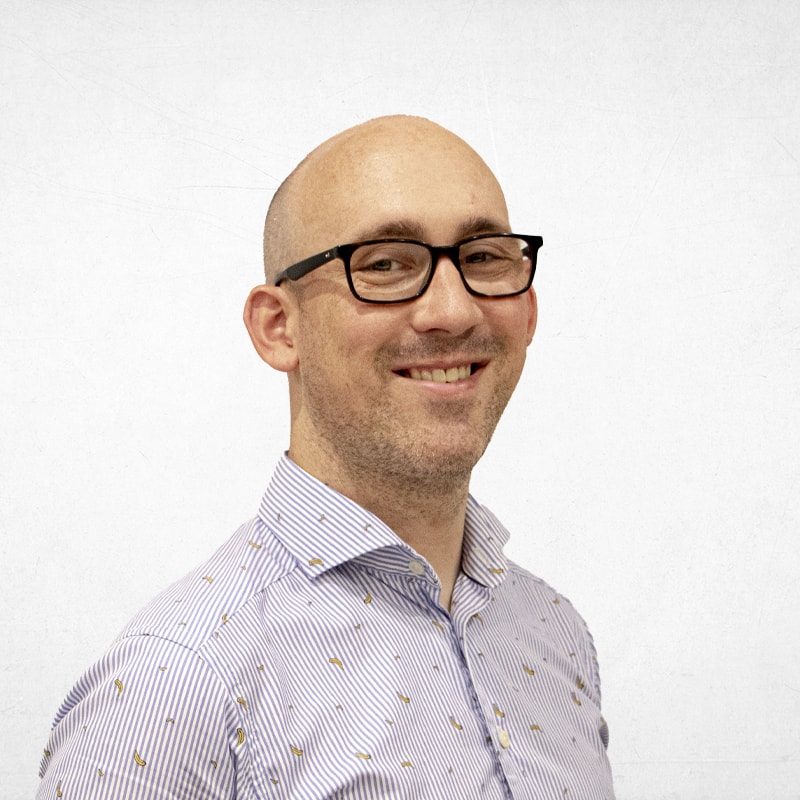
Eliot Parker
Finance Manager
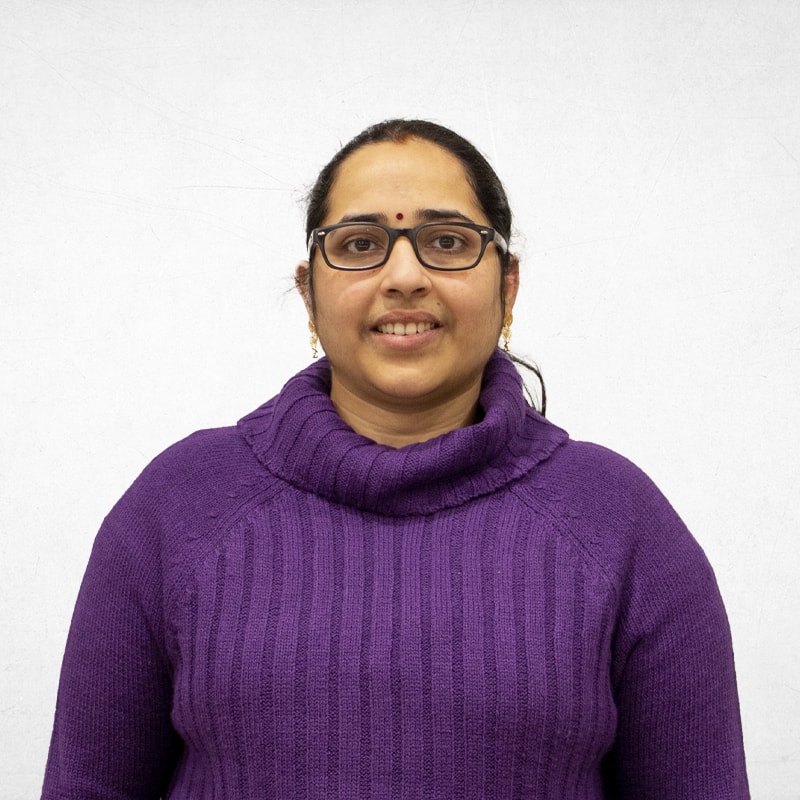
Geetha Ankem
CRM Administrator
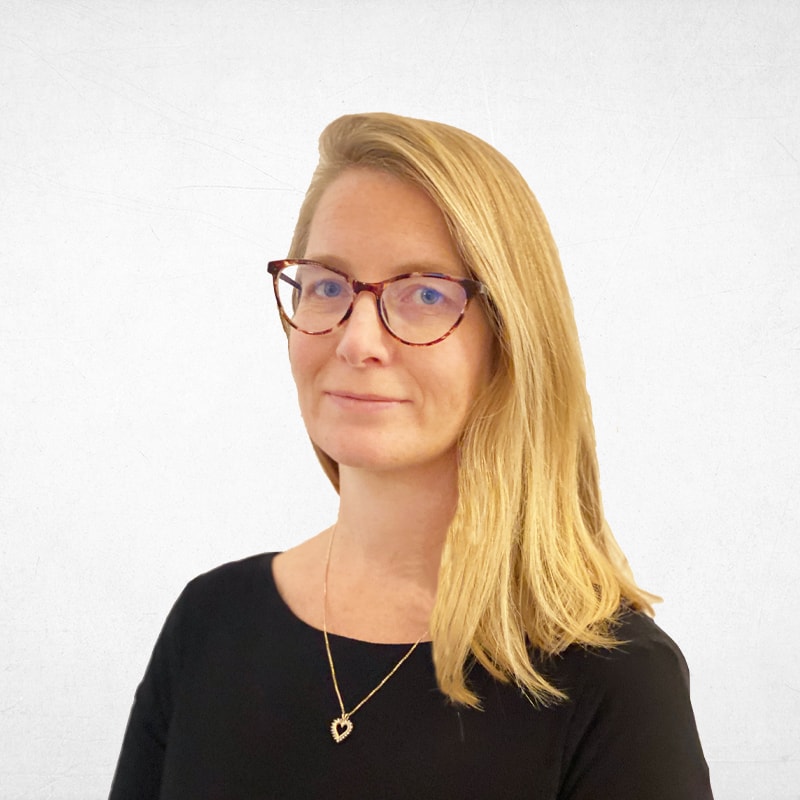
Jamie Fulcher
Consultant
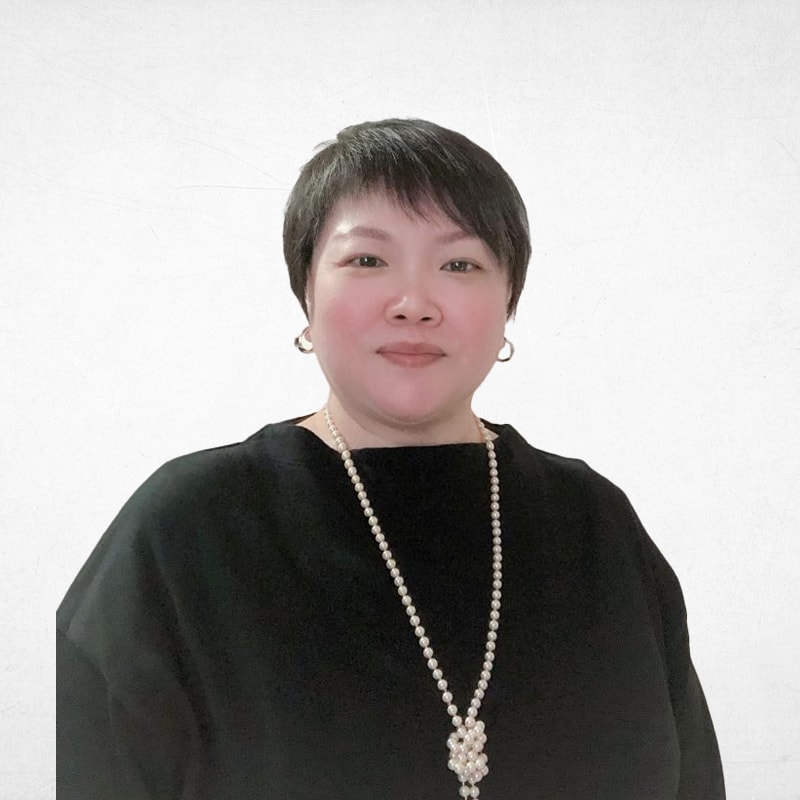
Jennifer Pua
International Curriculum Association Coordinator
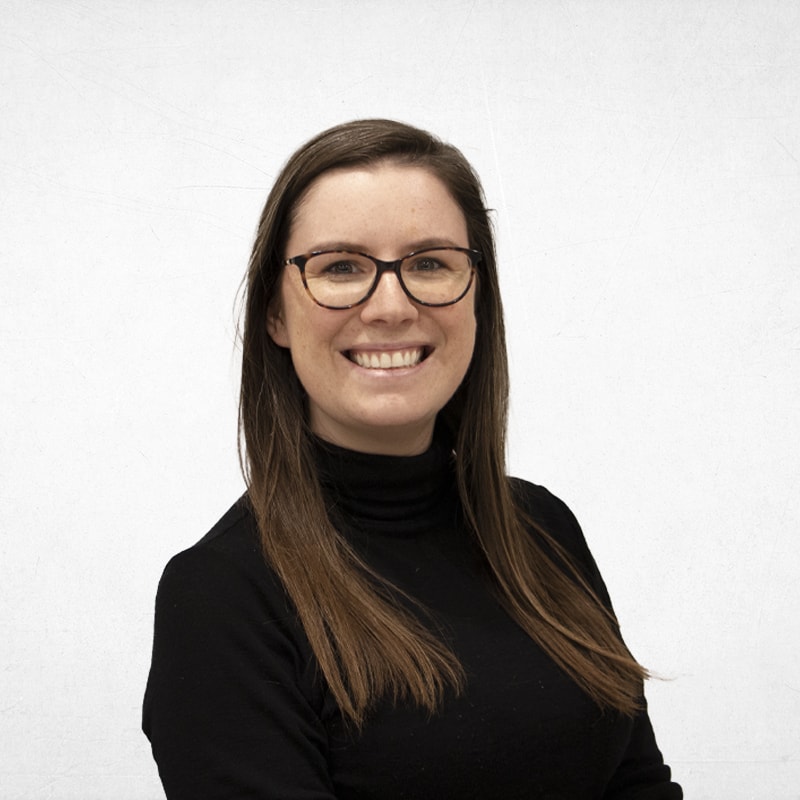
Lucy Gray
School Operations Coordinator

Ryan Lett
Training Coordinator
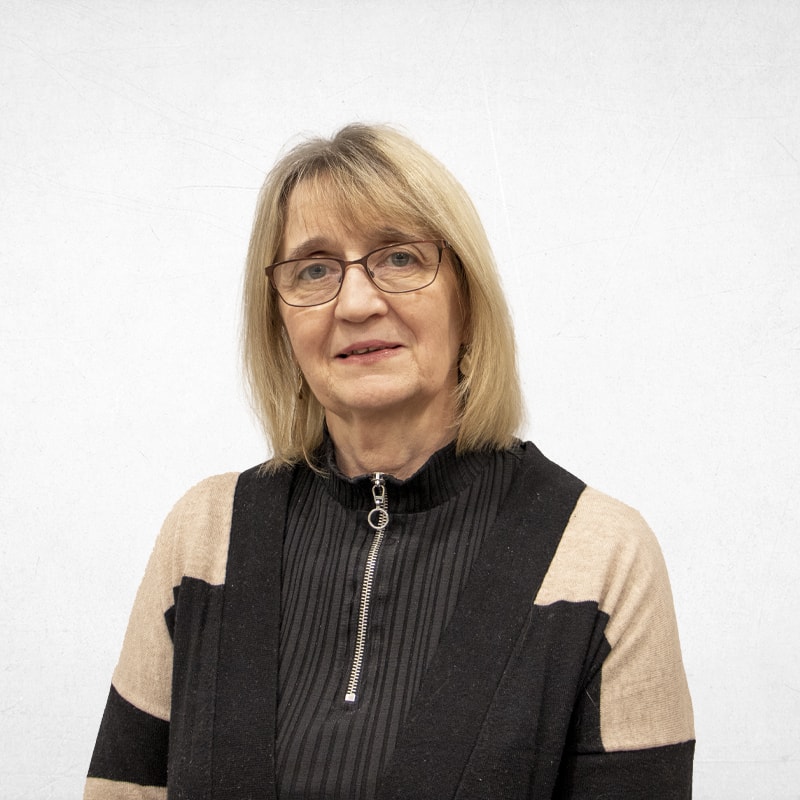
Susan Allen
Finance Assistant